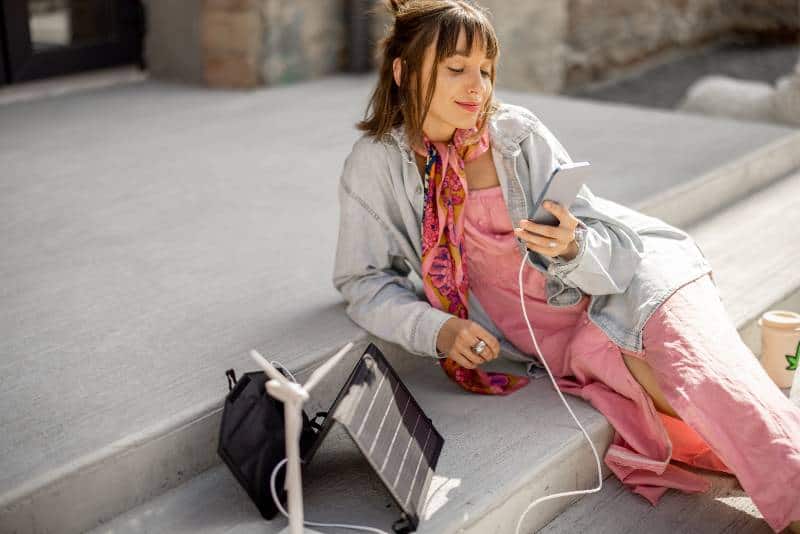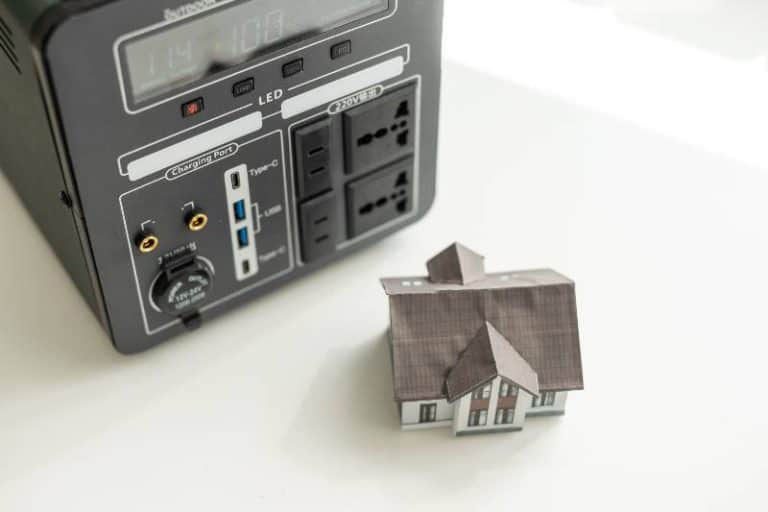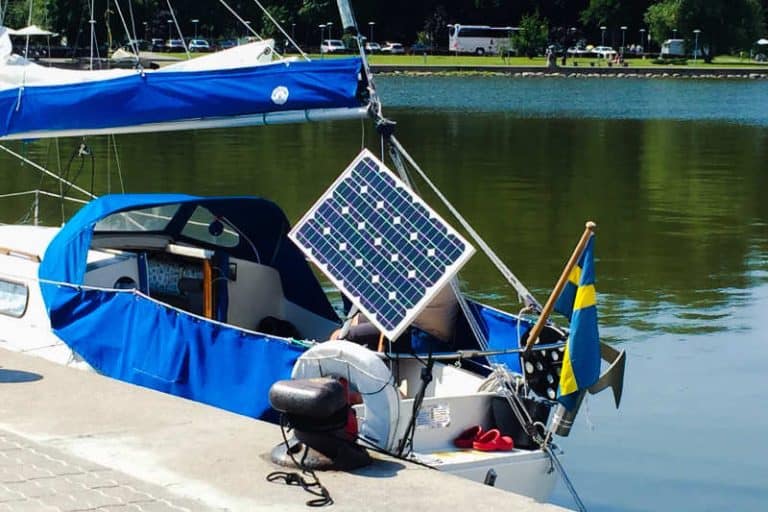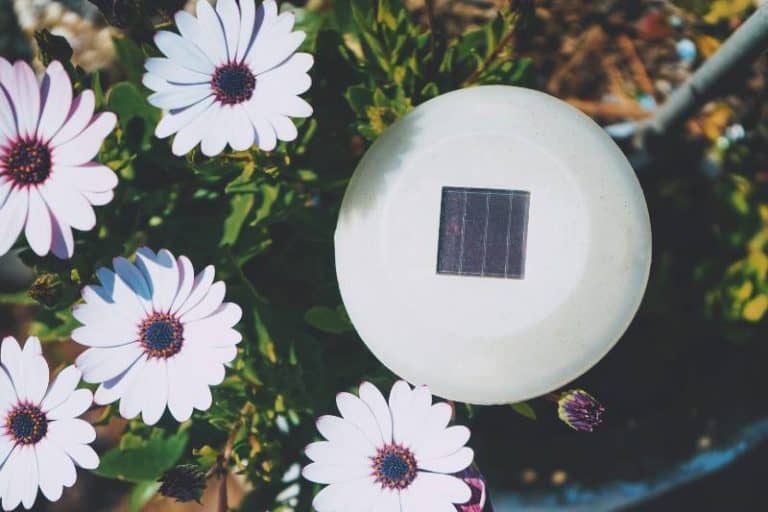Do Portable Solar Panels Need To Be Grounded?
When you are using solar panels to generate energy for your home or office, it is important to make sure that they are installed and working properly. One question that often comes up is: ‘Do portable solar panels need to be grounded?’. In this blog post, we will explore the importance of grounding solar panel systems, and discuss when it is necessary to do so. Stay tuned!
Yes, similar to any other electrical device, portable solar panels have to be grounded. By doing this, you are guaranteeing that any surplus electricity in the body of the device will go into the ground instead of giving anyone an electric shock who touches it.
Key Takeaways
- Portability is one of the biggest perks of solar panels. They can be moved from place to place and don’t have to be mounted on a roof or wall, which makes them more versatile and easier to install than traditional solar panels.
- If you have solar panels on your RV, you must ground them so that any potential shorts or loops pass through the chassis.
- A common method for grounding a solar panel array that is grounded in two places is to have a single line run through each grounding nut.
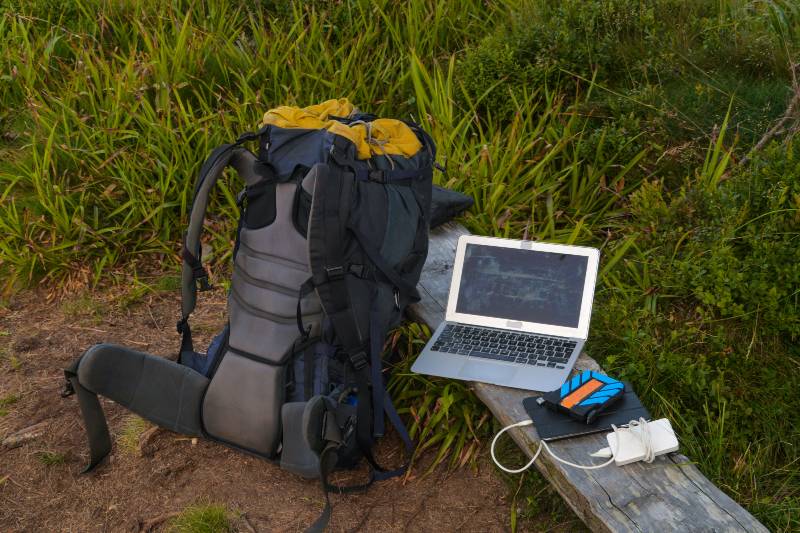
What exactly is “ground”?
Simply put, a ground-mounted solar power system is exactly what it sounds like: it is a system of solar panels that are mounted on the ground on your property, rather than on the roof of your house. Ground-mounted solar power systems are becoming increasingly popular. Solar panels that are mounted to the ground can be set up virtually anywhere on a property as long as there is adequate open space and adequate exposure to the sun.
Why do you have to put solar panels on the ground?
You’ve decided to go solar. Great choice!
But before you start putting those panels up, it’s important to know what you’re doing. You see, grounding your solar panels is really important in order for them to work properly—and it can take just a few minutes to do.
Normally, a solar panel will force the current through its wiring when it is producing energy. Metal parts on the solar panel may corrode if exposed to water, even during cleaning.
This charge isn’t enough to cause an issue right away, but it has the potential to accumulate to the point where the panel shorts out. Without proper protection, anyone touching the solar panel could receive a fatal shock.
When the solar panels are grounded, the excess electrical charge can safely drain through the RV’s frame into the earth. If the RV’s grounding is done correctly, this charge will always be negligible and completely absorbed.
If you would like to learn more about how Solar Panels work on RVs check out our article here.
Should RV solar panels be grounded?
If your RV has solar panels, you must ground them so that any electrical shorts or loops are conducted through the metal chassis. A few minutes of connecting ground wire and clamping everything down is all that’s needed to properly ground the RV solar panels.
How Do You Ground Your Solar Panels?
Locating a ground lug
Manufacturers of solar panels usually run ground wiring from the panel’s internal components to the ground lug. This lug, which is typically unnoticed, can be used to fasten To complete your solar panel project, you’ll need to install the panels to the frame you’ve built.
The ground lug on a solar panel is typically found at its base and is identified as such by a black sticker. Larger solar panels will also include a unique clip that facilitates a more rapid transfer of energy through the connected wiring.
Getting The Wire Attached
The solar power ground wiring does not need to be as large as the copper wire used to ground the batteries and engine in a recreational vehicle. This wire can be a little thinner than standard auto wiring while still being safe.
First, unscrew the nut, then thread the wire through the end cap and onto the bolt. Lastly, replace the nut. This will attach the wire to the solar panel so that it is secure and ready for the next steps in grounding the panels.
Making a series of connection
To install multiple solar panels on your RV, you can create a series of connections by connecting the ground wires of each panel to a common point. Since power can only flow in one direction, back into the solar panels if two or more wire points connect to the chassis.
This is the most aesthetically pleasing and practical method of wiring there is, as it eliminates the need for a tangle of wires and cables. Connecting the ground nuts of multiple solar panels in series results in the creation of a massive electric panel that can be found on the roofs of many homes.
Connecting to the chassis
A common error people make is connecting the wire to an external rather than an internal source. Oftentimes, a bolt or screw goes through the roof to secure the connection against the bare metal below.
Many people are unaware of how to properly connect solar panels to an RV’s grounding system, and this causes a lot of frustration because they think they might break something. Some believe that one connection is all that SolarFlare needs; however, having two connections is key in providing leeway if one should fail.
Power flow testing
To test whether or not the solar panels are properly grounded, you can use a voltmeter to discharge a tiny current. This is the voltmeter setting most people will be familiar with, as it triggers an audible alarm when a good connection is made between the two points.
A beep should sound from the voltmeter when one end is placed against the solar panel’s outer edge and the other end is placed against any bare metal on your RV’s chassis. This will allow for your RV to safely absorb any potential excess energy or charge that could build up in the voltmeter.
Does Each Solar Panel Need to Be Grounded on Its Own?
Instead, you can simply ground the solar panels onto the RV’s chassis by connecting them to a single wire. A common method for grounding a solar panel array that is grounded in two places is to have a single line run through each grounding nut.
It should be noted, however, that if your solar panels are spaced adequately apart, you will have an easier time grounding them separately. Because the included wiring is usually short and can be connected right underneath each panel, this is by far the most common method for grounding solar panels.
Rust can form on the RV’s roof in any new location where a solar panel is connected to the ground. When you move to a new place, you’ll have to scrape the roof’s paint off, exposing the metal to the elements for the first time.
Do portable solar panels need to be grounded FAQs
Do I need to ground an off-grid solar system?
If you live in an area prone to lightning storms, grounding your solar systems is a must. Chassis grounding, also known as mechanical grounding, and electrical grounding are the two most common types. As such, it is important to have a firm grasp of the distinctions between the two types of grounding.
What happens if solar panels are not grounded?
When ground solar panel faults occur, they can cause an electric shock if it is not grounded. These can happen when the frames are accidentally energized by other power sources or when there is a short circuit between the current-carrying parts of the module and the frames.
Do I need to ground my solar inverter?
You must ground your PV solar system just as you would your home electrical system. Everything from the inverters to the mounting to the controllers and everything else that is part of your system falls under this category.
Can I connect a solar panel directly to a lithium battery?
Solar panels can be used to give an existing lithium battery a charge. However, in order to successfully charge the battery, the solar panel needs to have the required amount of output power.
Are our Portable Solar Panels Worth It?
We know, we know: You might be skeptical about whether a portable solar panel is worth the money. After all, if you’re going to pay for a product like this, you want it to work well and be worth your money. But here’s the thing—transportable solar panels are totally worth it! They actually can save you money in the long run. And they have so many other benefits that make them a great investment for any homeowner or renter.
Conclusion
Portable solar panels are a great investment for anyone looking to reduce their energy costs or live off the grid. They offer many benefits, including the ability to charge devices anywhere, help prevent power outages, and protect against lightning strikes. Whether you are living in an RV or just looking for a way to power your home during a power outage, portable solar panels are definitely worth the investment. So why wait? Invest in a high-quality, affordable portable solar panel today!
We hope you enjoyed our blog post on portable solar panels and grounding. If you have any questions or would like more information, please visit our website or contact us. Make sure to check back often as we regularly update our blog with new posts. Thanks for reading!
